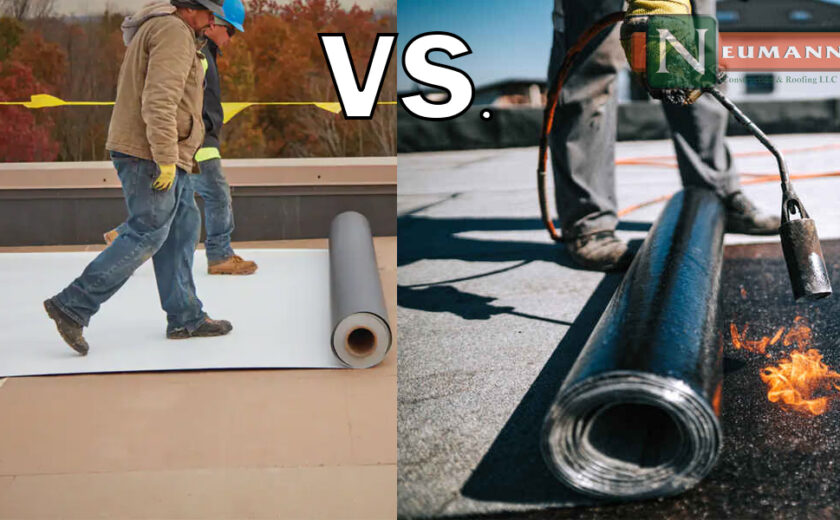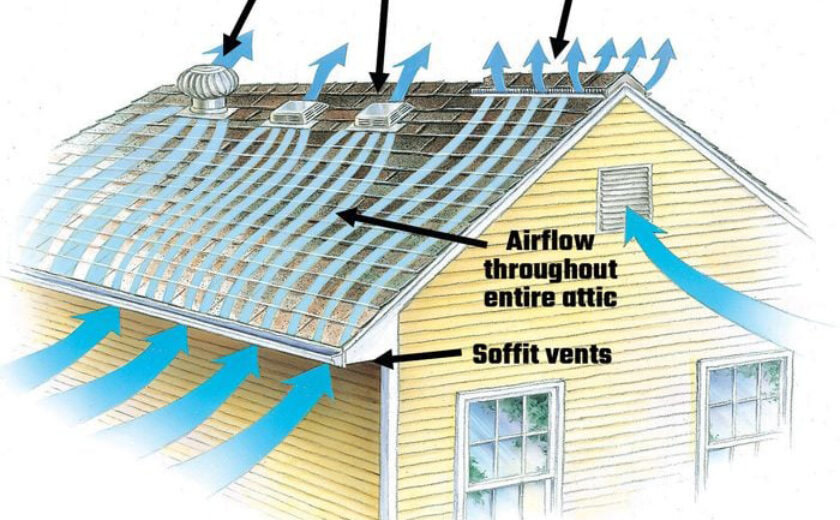As Florida’s legislative landscape continues to evolve, recent enactments have significant implications for both roofing companies and homeowners alike. These new laws, designed to streamline processes and protect consumer interests, reshape the dynamics of roofing insurance claims and contractor-client relationships. Let’s delve into the key changes and their effects on the roofing industry and homeowners.

For Roofing Companies:
- Streamlined Claims Process: Homeowners must now file property insurance, supplemental insurance, or reopened claims within a two-year timeframe. This places greater emphasis on efficiency for roofing companies, necessitating prompt assessment and action on insurance claims.
- Clear Guidelines on Coverage: With the stipulation that insurance companies must fully cover replacement for roofs less than ten years old, roofing companies benefit from clearer guidelines regarding coverage. However, for roofs surpassing the decade mark, coverage adjustments based on type and age could prompt more nuanced negotiations and assessments.
- Legal Procedures and Limitations: The requirement for property owners to provide a 60-day notice to insurance companies before filing a lawsuit introduces a procedural step that roofing companies must navigate. Additionally, restrictions on attorney fees in lawsuits filed on behalf of roofing contractors underscore the importance of strategic legal partnerships.
- Marketing Practices: Prohibitions on door-to-door solicitation and offering incentives represent a shift in marketing practices for roofing companies. Adaptation to alternative marketing strategies becomes imperative for maintaining customer outreach and engagement.
For Homeowners:
- Timely Claims Resolution: The two-year deadline for filing insurance claims encourages homeowners to expedite the claims process, ensuring timely repairs or replacements for damaged roofs.
- Clarity on Coverage: The mandate for full coverage of replacements for roofs under ten years old offers homeowners greater assurance regarding insurance benefits. However, for older roofs, the potential reduction in coverage necessitates thorough understanding and assessment of policy terms.
- Legal Notification Requirements: The 60-day notice requirement serves to facilitate communication between homeowners and insurance companies, fostering a structured approach to resolving disputes and grievances.
- Protection Against Unethical Practices: Prohibitions on contractor incentives and solicitation safeguard homeowners against potential exploitation or manipulation, ensuring fair and transparent dealings in roofing contracts.
Final Thoughts:
These legislative changes reflect a concerted effort to address longstanding challenges in the roofing and insurance sectors, aiming to enhance transparency, fairness, and efficiency in claims processes and contractor-client interactions. While they present both opportunities and challenges for roofing companies and homeowners, adherence to the new regulations and proactive adaptation to evolving market dynamics will be essential for navigating this transformed landscape effectively. As stakeholders acclimate to the revised legal framework, collaboration and compliance will be pivotal in fostering a more resilient and equitable roofing industry in Florida.


